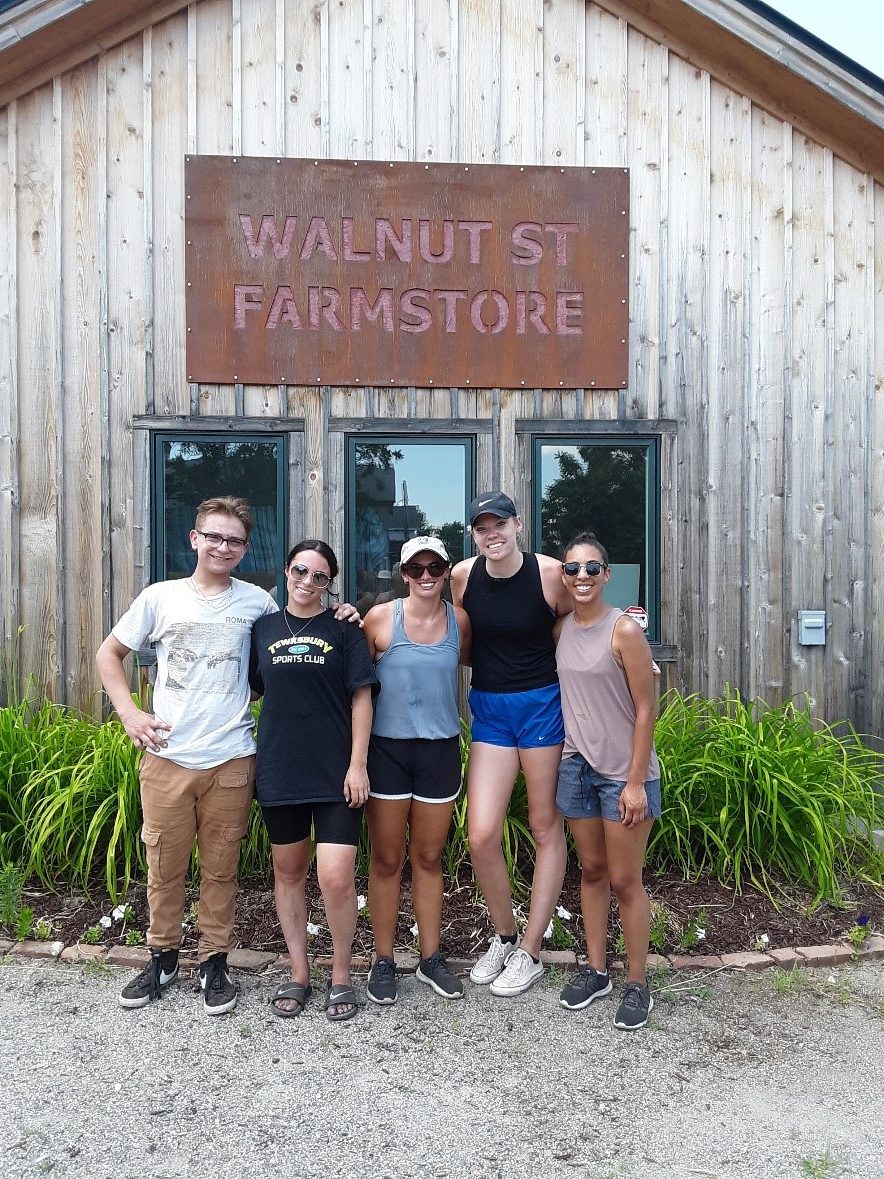In response to the COVID-19 pandemic, health professions schools took steps to balance concerns for student safety with the need to assist with response efforts. Students were allowed to graduate early to help in hospitals, assisted with developing early COVID-19 research databases, and helped healthcare systems acquire PPE from non-traditional sources. In March 2020, we formed the Interprofessional Student Volunteer Corps (ISVC), a student consortium in western Massachusetts, which leveraged the diversity of area HPE students (https://www.baystatehealth.org/news/2021/04/student-volunteer-corps-staffing-vaccine-clinics). The ISVC purpose statement is: Student-led teams will respond to the needs, emergencies, and crises which arise in western Massachusetts communities, particularly addressing issues that may exacerbate health disparities in underserved populations.
Policies and practices which aim to mitigate the effects of COVID-19 have insufficiently addressed needs of disadvantaged populations, exacerbating existing national health disparities.1 Disadvantaged populations are more likely to live in communities which are economically, geographically, and resource challenged.2 Additionally, these communities may bear the brunt of current and future natural disasters fueled by climate change. To help meet basic needs, these communities are often rich in non-profit organizations (NPOs). The success of NPOs rely on volunteers due to limited funding and staffing. Many health professions education (HPE) schools have community-service requirements which are based on student interest and may not prioritize community needs. Both needs – volunteers and engaging service opportunities – present a strategic opportunity to align service requirements towards critical service-learning (CSL), where students actively address health inequities and contribute to social change.
Utilizing our region’s formal Community Health Needs Assessment (CHNA) and NPOs expressing urgent pandemic-related priorities, students contributed to contact tracing, PPE procurement, and hospital registry development. Students supported other community needs, including: talking with isolated elders, harvesting local produce, food pantry distribution, and read-alouds with school-aged children. Students currently staff vaccination clinics; as of May 2021, 43 students from 7 HPE programs completed 396 service hours.
Programs include:
• Bay Path University (Physician Assistant)
• Springfield College (Health Science)
• Springfield College (Physician Assistant)
• UMass Amherst (Nursing)
• UMass Medical School (Medicine)
• Western New England University (Pharmacy)
• Westfield State University (Nursing)
Anecdotally, students report an appreciation of hands-on interprofessional collaboration, meaningful community interaction, and increased understanding of community health needs. Even as the pace of vaccination slows, those who come to these clinics often have more questions about the vaccine – which health professions students are well-equipped to answer. Uniting skills and expertise of HPE trainees allows students to recognize the strength of teamwork and offers NPOs diverse teams contributing to important projects. HPE faculty now support students through the creation of an advisory group, including student leaders, and a CSL educational framework to support cultural humility, reflection, and authentic relationship-building.
Interprofessional CSL effectively teaches students about community and social responsibility in patient-centered care3. The ISVC presents an innovative strategic model for CSL. Guided by the CHNA and priority needs, the ISVC urges students to grapple with the root causes of inequities as they simultaneously work to address them. CSL is precisely the way change agents will address health inequities in underserved communities and provides a foundation for advocacy. This approach has the potential to make a more significant impact than traditional student volunteerism, and prepares students for careers incorporating community needs, especially during times of crisis.
Justin C. Ayala
Graduate Public Health student, University of Massachusetts School of Public Health and Health Sciences, Amherst, Massachusetts
Program Lead, Interprofessional Student Volunteer Corps
Email: justin.ayala@umassmed.edu
Benjamin G. Potee
Medical student, University of Massachusetts Medical School, Worcester, Massachusetts
Email: benjamin.potee@umassmed.edu
References
1. Dorn, A. van, Cooney, R. E., & Sabin, M. L. (2020). COVID-19 exacerbating inequalities in the US. The Lancet, 395(10232), 1243–1244. https://doi.org/10.1016/s0140-6736(20)30893-x
2. Braveman, P. A., Cubbin, C., Egerter, S., Williams, D. R., & Pamuk, E. (2010). Socioeconomic Disparities in Health in the United States: What the Patterns Tell Us. American Journal of Public Health, 100(S1). https://doi.org/10.2105/ajph.2009.166082
3. Mitchell, T. D. (2008). Traditional vs. Critical Service-Learning: Engaging the Literature to Differentiate Two Models. Michigan Journal of Community Service Learning, 50–65.
 Healthcare Workforce Partnership
Healthcare Workforce Partnership 
 REB - REGIONAL EMPLOYMENT BOARD OF HAMPDEN COUNTRY, INC.
REB - REGIONAL EMPLOYMENT BOARD OF HAMPDEN COUNTRY, INC.